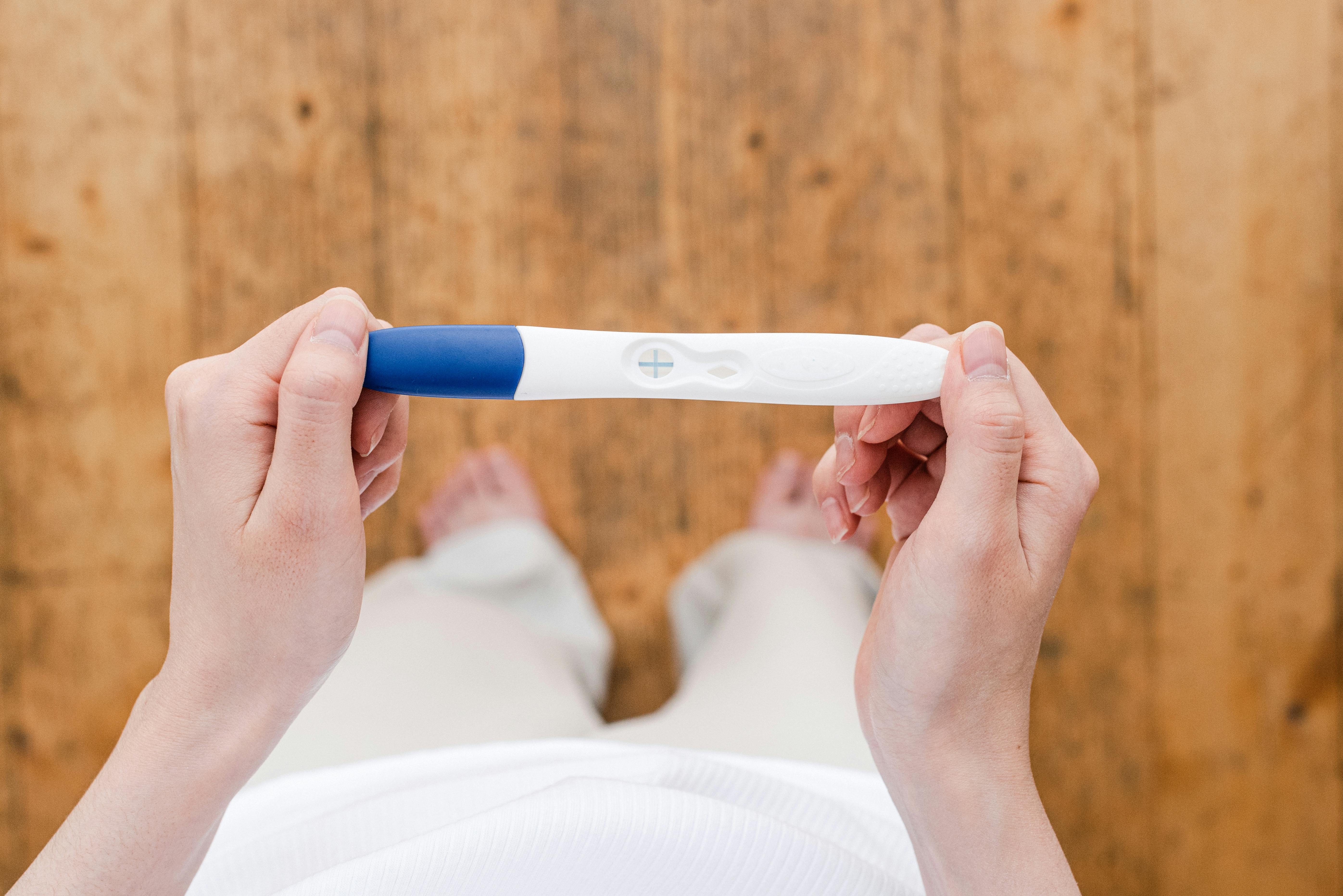Fertility varies for every woman, and for many, the pregnancy journey isn’t always an easy one. Fertility issues aren’t uncommon; for women without prior births, 1 in 4 (26%) have difficulty getting pregnant or carrying a pregnancy to term. Even if you’re already a mom, there is still a chance you may face struggles when trying to get pregnant again. While there are various reasons for these problems, one factor that may impair your fertility is your weight.

Being overweight or underweight can impact your chances of conceiving and having a healthy pregnancy. To boost your fertility, maintaining a healthy body weight can do wonders for your body and your future baby. Here’s how weight affects fertility:
The link between weight and fertility
Being underweight or overweight can cause ovulatory dysfunction, which impacts the ability to regularly release an egg for conception. A heavier body weight, particularly, is linked to out-of-balance hormone levels that can affect regular ovulation and menstrual cycles. Your ovaries produce the female hormone estrogen, but fat cells do as well. This excess of estrogen tricks the body into thinking you are taking things like birth control or are already pregnant, disrupting the process and cycles needed for pregnancy.
Central obesity—or having weight around the abdomen—also decreases the likelihood of conceiving per cycle. Obesity similarly affects fertility treatments like in-vitro fertilization (IVF). The uterine lining becomes less receptive to these treatments; couple that with hormonal changes, and the chances for IVF failure increase. Women who are overweight or obese are also more likely to develop issues like polycystic ovary syndrome (PCOS), tubal infections, and endometriosis. These conditions make it much more difficult to conceive and carry a pregnancy to term.
Does weight loss help?
Considering that most weight-related fertility issues stem from excess pounds, there have been debates on whether or not weight loss can change fertility outcomes. That said, many findings do support the idea that losing weight can improve the chances of fertility. Losing weight promotes better overall health and reduces your risk of developing issues that can impact fertility. However, those looking to shed pounds should also be wary of heading towards the other extreme of being underweight, which is also linked to irregular menstruation and ovulation. Reaching a healthy weight appropriate for your body can help regulate your hormones and reproductive cycles for enhanced fertility.
Is weight loss really possible for everyone?
Anyone who has ever tried losing weight will know that it’s often a struggle, even if you feel like you’re doing everything right. This may be because of your set point weight. A set point theory posits that our bodies have a predisposition for a certain point; for instance, your body may have a set point of 180 pounds, and going below that number feels like fighting against your own nature. As such, weight loss becomes more difficult when your body triggers adaptations in your body to push you back up or down to your original weight. However, with the right habits and mindset, you can find a sustainable way to reset your set point and allow you to lose weight healthily.
How to optimize your weight and fertility
Healthy habits can help you maintain a healthy body weight and naturally optimize fertility. Physical activity and exercise are crucial for a healthy weight, improving circulation, reducing stress, and enhancing overall well-being. Moderate-intensity workouts like brisk walking, swimming, and cycling are the most effective for encouraging fertility and sustainable weight management. Nutrition and diet also help boost fertility naturally. A balanced diet comprised of fruits, vegetables, whole grains, lean proteins, and healthy fats helps bring balance to your body and provides the essential nutrients you need for conception and healthy weight loss. Foods like leafy greens, berries, nuts, seeds, and omega-3 fatty acids also enhance fertility naturally.
Managing your weight is not easy, but it’s vital for improving your chances of pregnancy. Healthy habits that work for your body and lifestyle can help you reach a healthy, sustainable weight and boost your fertility. Being in your healthiest and happiest state allows for better chances to conceive and support your pregnancy.




